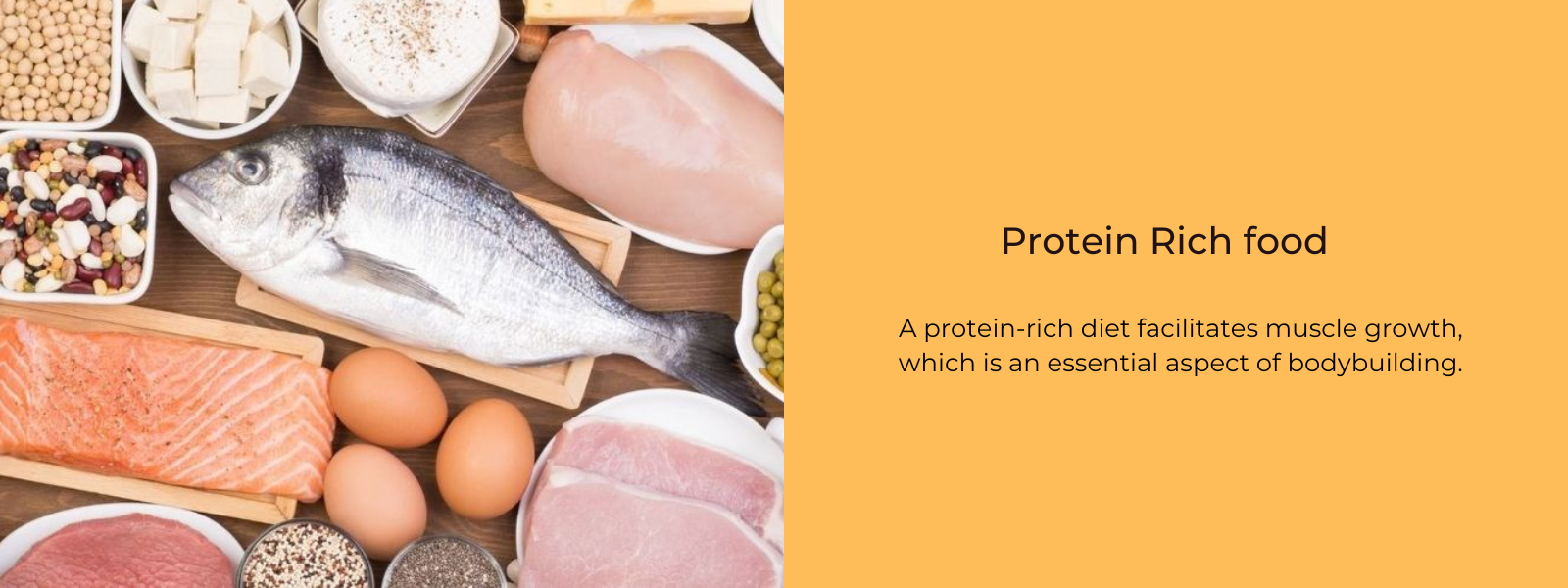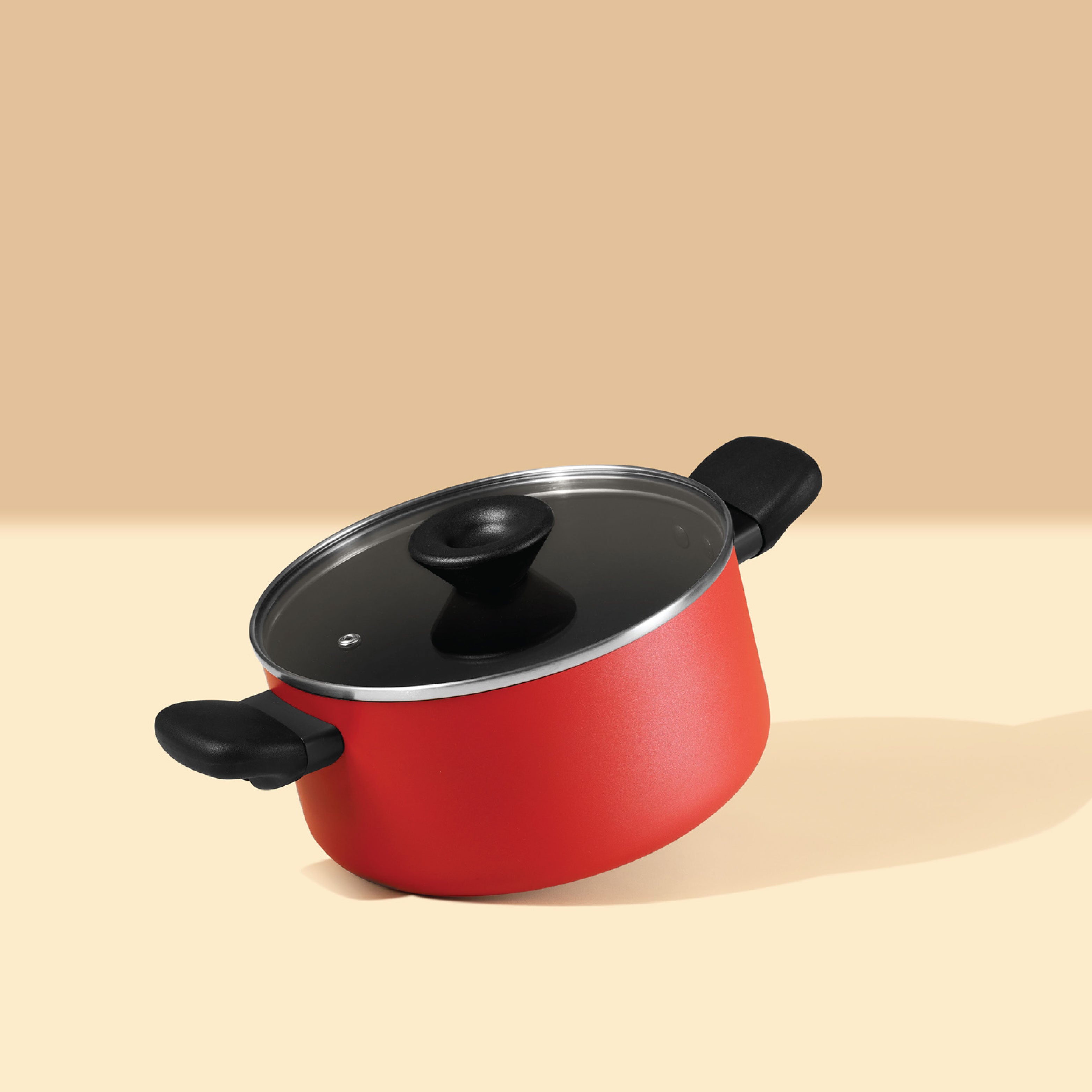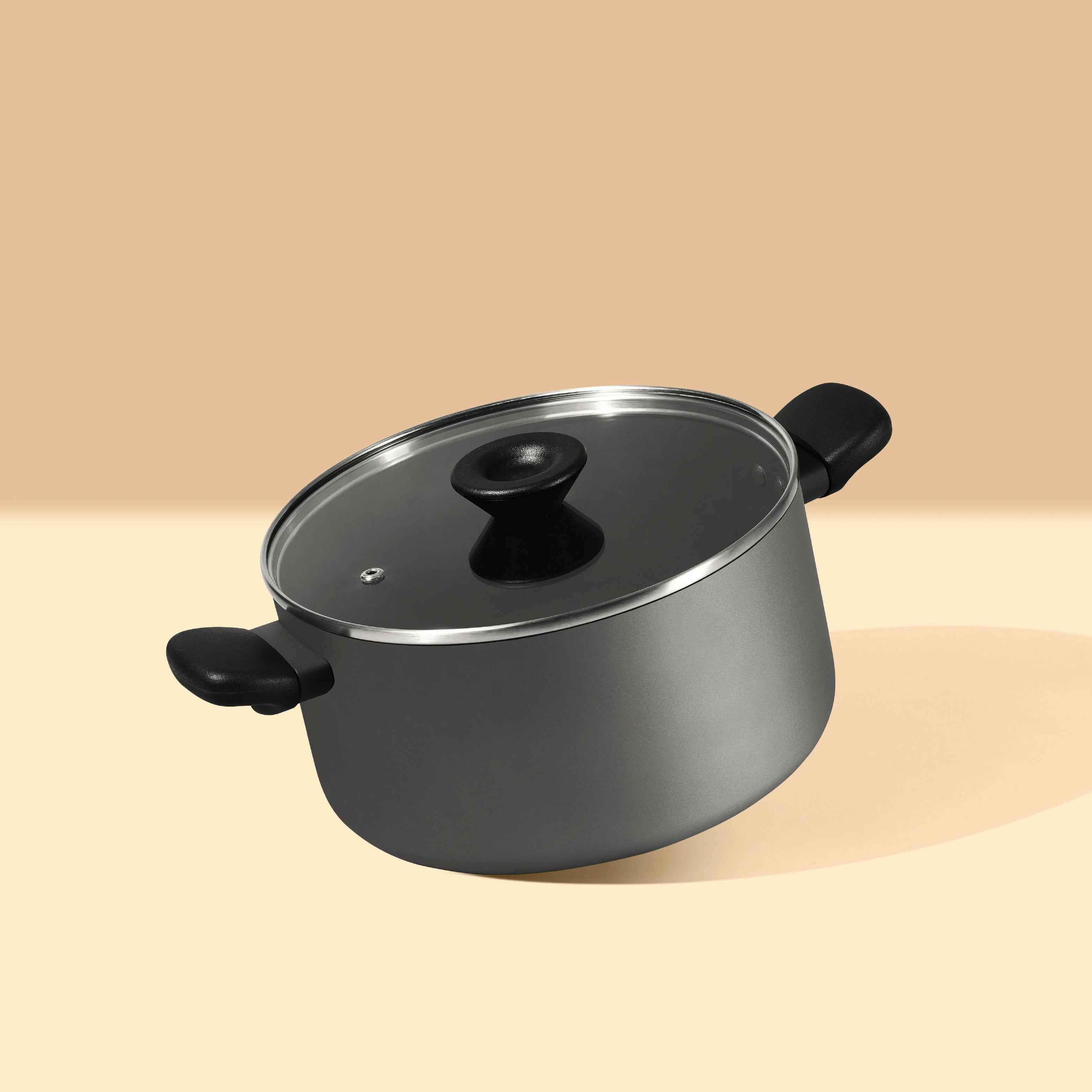Protein plays a remarkable role in enhancing the health and appearance of both skin and hair. One of its key contributions lies in the synthesis of collagen, a structural protein crucial for skin elasticity and the reduction of wrinkles. Adequate protein intake supports cell repair and regeneration, fostering a smoother complexion and promoting a youthful appearance. Essential for hair structure, proteins like keratin contribute to strong, resilient strands, reducing the risk of hair loss or thinning. Moreover, certain proteins aid in hydration, maintaining skin moisture balance and preventing dryness. The antioxidant properties of specific proteins protect the skin from oxidative stress, while their involvement in wound healing minimizes scarring. As regulators of sebum production, proteins contribute to balanced skin oiliness, and their influence on elastin ensures skin elasticity and tone.
Table of Contents
- Protein For Collagen Production:
- Protein For Cell Repair and Regeneration:
- Protein For Hair Structure and Growth:
- Protein For Hydration and Moisture Balance:
- Protein For Prevention of Hair Loss:
- Protein For Sebum Production Regulation:
- Protein For Elasticity and Tone:
- Easy Protein Hair Mask:
- Easy Protein Face Mask:
Protein For Collagen Production:
Protein, particularly its role in collagen production, is paramount for maintaining the skin's structural integrity and youthful appearance. Collagen, a fibrous protein, constitutes a significant portion of the skin's extracellular matrix, providing strength and elasticity. As the body's most abundant protein, collagen relies on amino acids derived from dietary protein sources to support its synthesis. Consuming ample protein, rich in essential amino acids like glycine, proline, and hydroxyproline, contributes to the formation of robust collagen fibers. This, in turn, helps diminish the appearance of fine lines and wrinkles, promoting skin firmness and resilience. Whether sourced from lean meats, fish, dairy, or plant-based options, a protein-rich diet provides the building blocks necessary for collagen production, offering a natural way to nurture skin health and combat signs of aging.
.
Protein For Cell Repair and Regeneration:
Protein plays a crucial role in the dynamic process of cell repair and regeneration, influencing the health and vitality of various tissues, including the skin. Amino acids, the building blocks of proteins, are essential for the synthesis of new proteins required in cellular repair mechanisms. When the body undergoes stress, injury, or normal wear and tear, proteins facilitate the repair of damaged cells and the generation of new ones. This is particularly evident in the skin, where protein-mediated cellular regeneration is vital for maintaining a healthy and youthful complexion. Adequate protein intake supports the formation of new skin cells, contributing to a smoother texture and aiding in the recovery from injuries or environmental damage. The continuous cycle of cell repair and regeneration is a fundamental aspect of overall tissue maintenance, and protein's role in this process underscores its significance in sustaining optimal cellular health.
Protein For Hair Structure and Growth:
Protein is a fundamental contributor to the structure and growth of hair, playing a pivotal role in maintaining its strength, resilience, and overall health. Hair is primarily composed of a protein called keratin, and adequate protein intake ensures a sufficient supply of amino acids, the building blocks of this structural protein. Consuming protein-rich foods supports the formation of keratin, contributing to the structural integrity of hair strands. Additionally, proteins play a role in stimulating hair follicles, promoting growth and reducing the risk of hair loss. Whether sourced from animal products like lean meats and eggs or plant-based options like legumes and nuts, a well-rounded protein intake is essential for providing the nutrients necessary for robust and vibrant hair structure. Incorporating protein into the diet supports both the appearance and growth of hair, making it an integral element in maintaining healthy and beautiful locks.
Protein For Hydration and Moisture Balance:
Protein is surprisingly involved in maintaining skin hydration and moisture balance, contributing to a plump and nourished complexion. Certain proteins, such as hyaluronic acid, play a critical role in attracting and retaining water within the skin cells. Hyaluronic acid acts as a natural humectant, drawing moisture to the skin and helping to keep it hydrated. Additionally, proteins contribute to the integrity of the skin's barrier function, preventing excessive water loss and maintaining optimal moisture levels. This collaborative effort supports a healthy and supple complexion, reducing the appearance of dryness and promoting an overall radiant skin tone. Therefore, a well-balanced diet that includes protein-rich foods contributes not only to the structural aspects of the skin but also to its hydration and moisture retention, revealing the surprising interconnectedness between protein intake and skin health.
Protein For Prevention of Hair Loss:
Protein is a key player in addressing and preventing hair loss, a concern that often stems from inadequate nutrient intake. Hair is primarily composed of a protein called keratin, and ensuring a sufficient supply of amino acids through a protein-rich diet is essential for maintaining the structural integrity of hair strands. Protein intake supports the growth phase of hair by providing the necessary building blocks for keratin synthesis, reducing the risk of brittle or thinning hair. Additionally, proteins contribute to the overall health of hair follicles, influencing their strength and resilience. In cases where hair loss is associated with nutritional deficiencies, ensuring an adequate protein intake, along with other essential nutrients, can be a crucial component in promoting healthier hair growth and minimizing the risk of excessive shedding.
Protein For Sebum Production Regulation:
Protein plays a role in regulating sebum production, the natural oil produced by the sebaceous glands in the skin. Sebum is crucial for maintaining skin hydration and protecting against dryness. Proteins, along with other nutrients, contribute to the balance of sebum production. In particular, essential fatty acids obtained from certain protein sources influence the quality and quantity of sebum, helping to prevent issues such as dry or overly oily skin. A well-rounded protein intake supports the intricate interplay of skin functions, promoting optimal sebum production that contributes to a healthy complexion with balanced oiliness and hydration.
Protein For Elasticity and Tone:
Protein is instrumental in preserving the elasticity and tone of the skin, contributing to its firmness and overall appearance. Collagen and elastin, two essential proteins found in the skin's extracellular matrix, play key roles in maintaining skin elasticity. Collagen provides structural support, while elastin allows the skin to stretch and return to its original form. Adequate protein intake ensures the availability of amino acids necessary for the synthesis of these structural proteins, promoting skin elasticity and resilience. The combination of collagen and elastin helps prevent sagging and enhances the skin's ability to bounce back, ultimately contributing to a more lifted and toned complexion. Incorporating protein-rich foods into the diet supports the ongoing synthesis of these crucial proteins, promoting skin health and a youthful appearance.
Easy Protein Hair Mask:
Here's an easy and quick DIY protein hair mask using readily available ingredients:
Ingredients:
- 1 ripe banana
- 1 tablespoon olive oil
- 1 egg
Instructions:
- Banana Preparation:
- Peel a ripe banana and place it in a bowl. Mash it thoroughly using a fork or blender until you achieve a smooth consistency.
- Olive Oil Addition:
- Add 1 tablespoon of olive oil to the mashed banana. Olive oil is rich in antioxidants and helps moisturize and nourish the hair.
- Egg Incorporation:
- Crack an egg into the banana and olive oil mixture. Eggs are high in protein and can strengthen and add shine to your hair.
- Mixing:
- Blend the ingredients together to form a smooth paste. Ensure that all components are well combined.
- Application:
- Dampen your hair with water and apply the mask from roots to tips, ensuring even coverage. Use a wide-tooth comb to distribute the mask through your hair.
- Wrapping:
- Once applied, gather your hair and secure it with a shower cap or plastic wrap. This helps trap heat and enhances the mask's effectiveness.
- Resting Time:
- Leave the mask on for about 20-30 minutes to allow the nutrients to penetrate your hair. You can use this time to relax or do other beauty routines.
- Rinsing:
- After the recommended time, rinse the mask out with lukewarm water. You may use a mild shampoo and conditioner if needed to remove any residue.
- Towel Drying:
- Gently towel-dry your hair and let it air dry or style as usual.
The banana provides natural sugars for shine, the olive oil offers moisture, and the egg contributes to protein for strength. This mask is suitable for most hair types and can be used once a week for best results. As with any hair treatment, it's recommended to do a patch test to ensure you don't have any allergies to the ingredients.
Easy Protein Face Mask:
Creating a simple DIY protein face mask at home can help nourish and revitalize your skin. Here's an easy recipe using natural ingredients:
Ingredients:
- 1 tablespoon plain yogurt
- 1 tablespoon honey
- 1 egg white
Instructions:
- Yogurt Base:
- In a bowl, measure 1 tablespoon of plain yogurt. Yogurt contains lactic acid, which can help exfoliate and hydrate the skin.
- Honey Addition:
- Add 1 tablespoon of honey to the yogurt. Honey is a natural humectant, attracting and retaining moisture for softer skin.
- Egg White Inclusion:
- Separate an egg and add the egg white to the yogurt and honey mixture. Egg whites are rich in proteins and can help tighten and tone the skin.
- Mixing:
- Whisk the ingredients together until you achieve a smooth and consistent mixture.
- Application:
- Ensure your face is clean and makeup-free. Apply the mask evenly to your face using clean fingertips or a brush, avoiding the eye area.
- Relaxing Time:
- Allow the mask to sit on your face for about 15-20 minutes. Use this time to relax and let the mask work its magic.
- Drying:
- As the mask dries, you may feel a tightening sensation on your skin, thanks to the egg white. This is normal.
- Rinsing:
- Once the mask is dry, gently rinse your face with lukewarm water. You can use a soft washcloth or your hands to remove the mask.
- Moisturizing:
- Pat your face dry with a clean towel and follow up with your favorite moisturizer to keep your skin hydrated.
This protein-rich face mask can help nourish your skin, providing a natural glow and addressing issues like dryness and dullness. Use it once a week or as needed. Always perform a patch test before applying any new face mask to ensure you don't have any adverse reactions.











Leave a comment